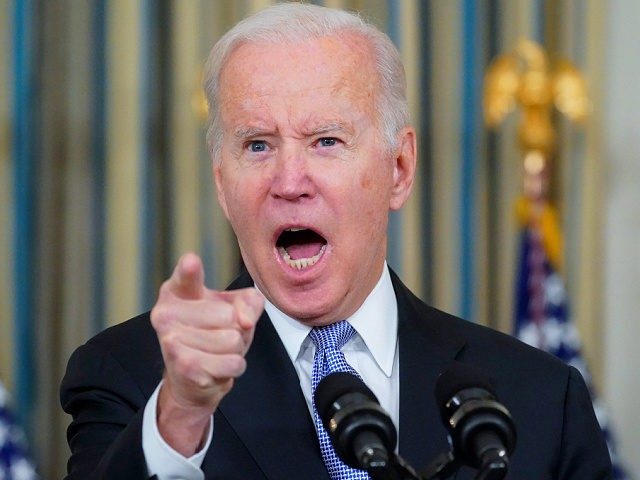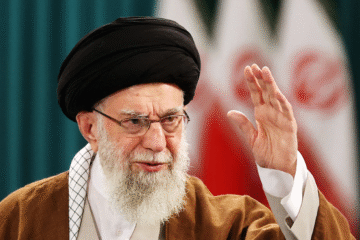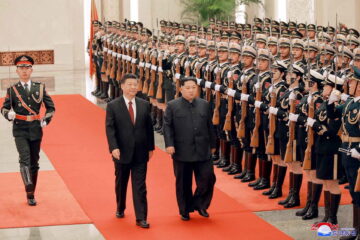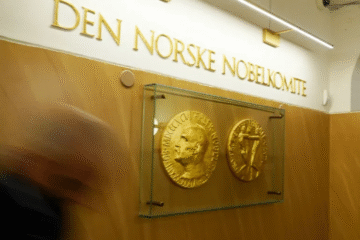The USA: after Trump, a Return to Normal ?
What you want to understand… 🤔
- Can Joe Biden’s presidency a return to normal after Trump’s mandate ?
- Is Joe Biden returning to multilateralism ?
- Are multipolarity and multilateralism correlated ?
- Can Joe Biden bring together the USA ?
It’s been 2 years that Joe Biden has been sworn in as President of the United States, after 4 years characterised by Donald Trump’s disruptive style. It’s time for us to get an overview of the challenges Joe Biden endeavours to rise up to !
I. Return to Multilateralism?
A. Donald Trump’s Disruptive Manners

“America First” was the core of the Trump administration’s foreign policy. Some may argue that it has always been the US government’s policy. Donald Trump’s approach of international relations was qualified as transactional because it was based on negotiating deals. Those bilateral contracts, brokered between 2 states, were usually provisional, subject to repeal and short-term oriented. It chimed with the will to both reduce US diplomacy’s financial costs and respond to domestic political objectives i.e. permanently seeking US voters’ approval.
This conception of international relations was criticized for it was instinctive and unpredictable. It indeed destabilised historical partners that were rarely consulted when the US decided to reconsider the international balance of power. Notwithstanding, Donald Trump allowed the US to free itself from conventional frameworks established by the international community over several decades.
Among the several unexpected events of which Donald Trump was the instigator, we can mention the US withdrawal, on May 8, 2018, from the Iran nuclear deal (JCPOA) that was signed in 2015 between Iran, the Obama administration, the UK, France, Germany, Russia, China and the European Union. One year earlier he also withdrew from the 2015 COP21 Paris Agreement on climate change. More recently, Donald Trump participated in a historic meeting with the North Korean leader Kim Jong-Un on June 30, 2019, after tensed exchanges on Twitter (the US president’s favourite medium).
This attitude reinforced even more the US weight in international relations at the cost of heightened anti-American feelings around the globe.
B. Joe Biden and a Return to Multilateralism?
As soon as Joe Biden entered the White House, he wanted to reassure his international partners and make clear that “America is back”.
For instance, he decided to return to the Paris Agreement and engage negotiations with Iran to agree on a new nuclear deal (with mixed results so far because Raïssi is now leading Iran). He also re-joined the WHO (World Health Organization) that Donal Trump left in July 2020 during the COVID-19 pandemic.
Besides, even though many Americans from all political stripes embraced Trump’s anti-globalisation narrative, Biden pledged to re-establish multilateralism in order to counter-balance the global influence of China. For example, in November 2020, China signed a trade deal with 14 other Asian countries: the Regional Comprehensive Economic Partnership. Together they almost represent 1/3 of the world population and 1/3 of the world GDP.

The US, while progressively withdrawing from the Middle East, seeks to expand its influence in the Asia-Pacific region through multilateral agreements to counter-balance China’s weight. This movement was launched under Barack Obama, whose Vice-President was Joe Biden and whose Secretary of State was Hilary Clinton. This shift of focus is called the Pivot to Asia.
However, this strategy is put in place at the expense of the relationships with Middle Eastern and European countries like France. As a matter of fact, in September 2021, France saw its €50bn-submarines deal with Australia get broken by the newly formed partnership AUKUS between the US, the UK and Australia. France felt “stabbed in the back” especially because it was made aware of this decision only few hours before it became official. It sparked a major diplomatic crisis between Paris and Washington.
On another topic, the US keeps dealing with Russia on a bilateral basis regarding the Ukrainian situation. It leaves Germany, France and pretty much the entire European Union out of the negotiation table, just letting them know what decisions have been reached during their bilateral meetings.

II. Bringing Together a Divided Country ?
Regarding the US domestic situation, Joe Biden has to address the multiple oppositions that Trump’s presidency exacerbated. The US public opinion is highly polarised without room for balanced opinions. Compromise between Democrats and Republicans doesn’t seem to be a conceivable option. The ideological divide is such that no matter what one side proposes, the other side will reject it.
Therefore, we observe a crystallisation around divisive subjects such as abortion rights, firearms regulations, immigration and racial discrimination (especially following the killing of several black Americans by white policemen).
Trump constantly putting into question the credibility of the media also dealt a blow to the American democratic system. He popularised the “Fake news !” expression thus creating mistrust towards journalists in general. As a result, it has given rise to a “post-truth era” qualified as a “situation in which people are more likely to accept an argument based on their emotions and beliefs rather than one based on facts”. People then tend to get information from biased sources thus reinforcing political polarisation in the US.
Biden has ran the presidential campaign on the pledge that he will bring America together. However, he faces many challenges to do so. The political polarisation – Biden has a very low approval rate among Republicans, between 3% and 9% – gives him very little leeway to implement his policies.
It doesn’t seem that Joe Biden will be able to live up to his promises and overcome divisions that have been building up for years.




2 Comments
Russia and the West: a New Cold War ? - geopol-trotters · 31 October 2022 at 8:48 pm
[…] rhetoric with regard to the Russian leader, the aggressive US rhetoric has resumed with the presidency of Joe Biden. At the last Munich Security Conference the US President said that “Putin seeks to weaken the […]
A short History of the Iran-US relationship - geopol-trotters · 29 October 2022 at 9:57 am
[…] though the 2020 election of Joe Biden brought hope to re-establish the nuclear deal, the window of opportunity was closed. Indeed, the radical and […]